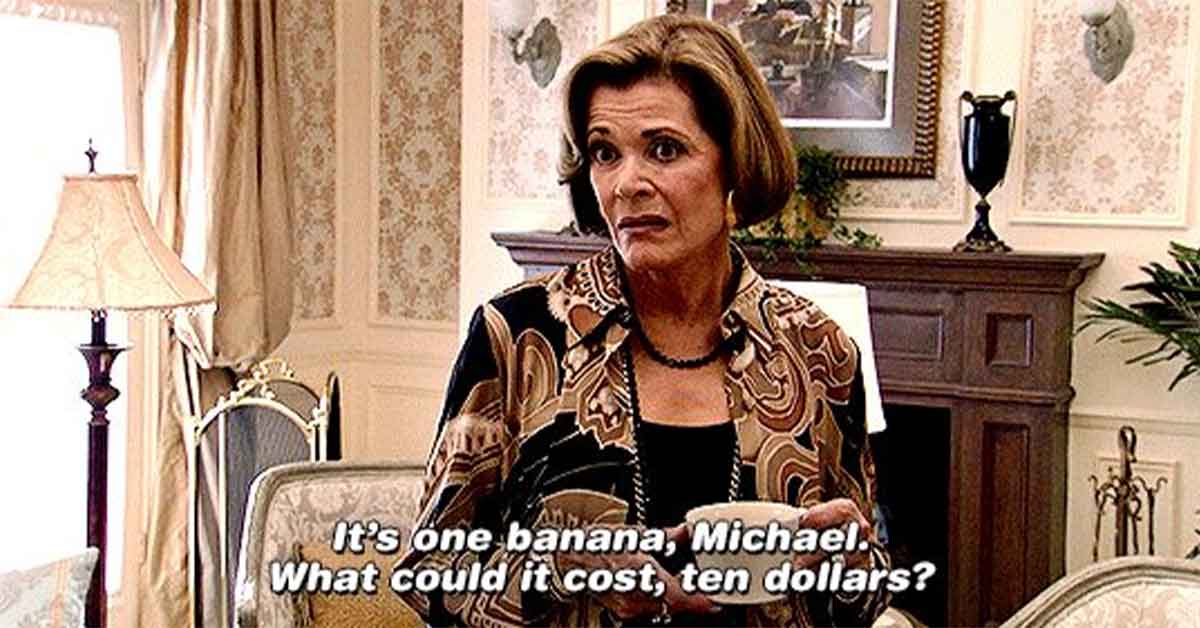Why Microsoft’s Acquisition Is the Best Thing To Happen To Activision/Blizzard
Recently, Microsoft acquired Activision Blizzard for nearly $69 billion dollars because they are richer than God. But is this move actually good...
Published 3 years ago in Ftw

Recently, Microsoft acquired Activision Blizzard for nearly $69 billion dollars because they are richer than God. But is this move actually good for gamers and good for Activision Blizzard? In a word, “yes.” This acquisition is the best thing that could have happened to Blizzard. And here are just a few reasons why.
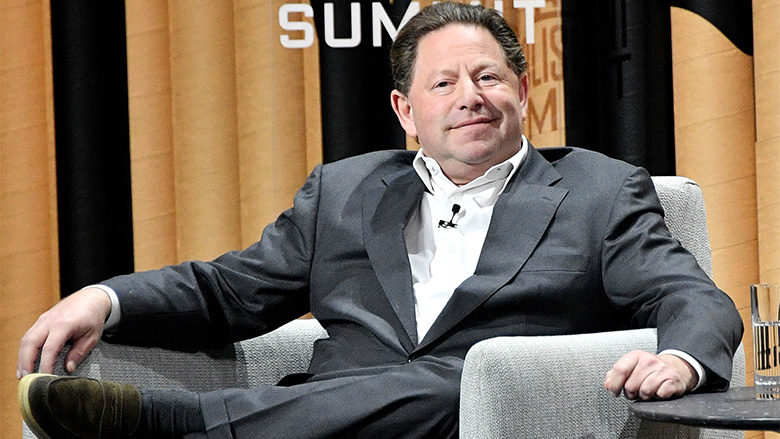
No More Bobby Kotick
Activision Blizzard has been mired in controversies and lawsuits surrounding allegations of sexual harassment, sexual assault, bullying, and more. And at the top of it all is CEO Bobby Kotick, who has had his own allegations of sexual mistreatment from multiple women. And let’s not forget that Kotick’s name mysteriously appeared in the “little black book” of notorious sexual predator Jeffrey Epstein.
Activision Blizzard has spent most of the past year trying to fix its reputation with gamers and employees alike. But the fact that the shady Kotick was still at the top convinced many people that the culture of the company would never fully change.
Now, with Microsoft seemingly intent on ousting Kotick, Activision Blizzard should have a much easier time restoring its reputation.
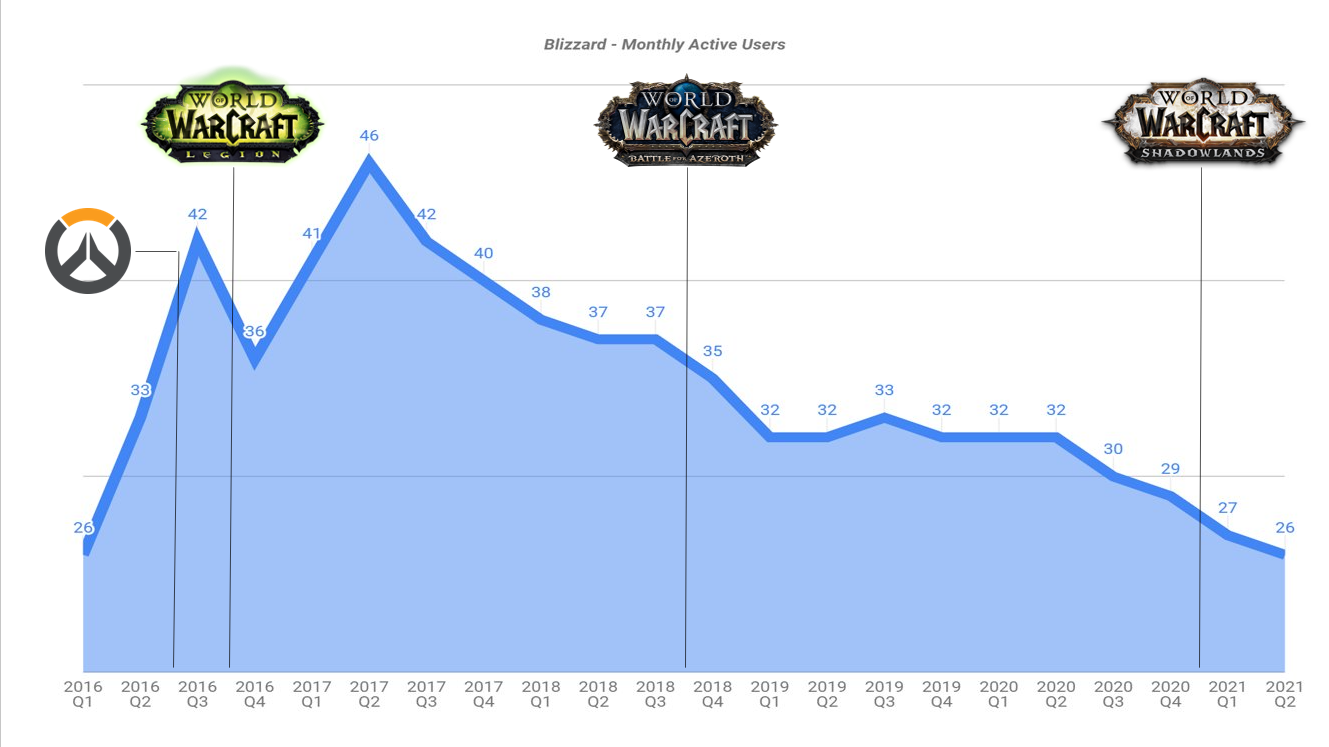
Blizzard Games May Stop Bleeding Players
The Blizzard portion of Activision Blizzard has often relied on subscribers to keep games like World of Warcraft bringing in money. Unfortunately, both subscription-based games and non-subscription-based games have been bleeding subscribers for some time now. How bad is it?
According to GameRant, WoW and Diablo games went from a peak of 46 million active players in 2017 to 26 million active players in 2021. You don’t have to be a financial expert to realize that losing 20 million active players in only five years is a bad thing. While the company was clearly already bleeding subscribers, the constant stream of Activision Blizzard controversies, including the California lawsuit and multiple employee walkouts, made the player exodus even worse.
Many gamers walked away because they felt subscribing or otherwise supporting a company run by deviant monsters was immoral. While Microsoft is not exactly a paragon of good, they seem committed to rooting out the bad actors: during the acquisition announcement, Phil Spencer said that Microsoft was committed to “treating every person with dignity and respect” and that “we hold all teams, and all leaders, to this commitment.”If (and that may be a big if) Microsoft can root out the worst Activision Blizzard employees, it may just be enough to bring millions of players back to these titles.
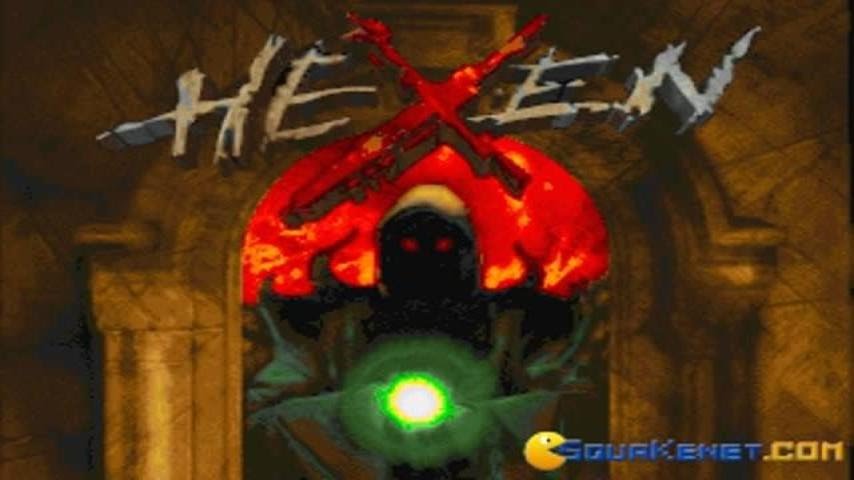
Resurrecting Classic Titles
When you get right down to it, Activision Blizzard is a company that relies heavily on nostalgia. For every new IP like Overwatch they create, we get several things such as remasters (some good, like Diablo 2, and some disastrous, like Warcraft 3), sequels and ports (like Diablo 3 and the constantly-delayed Diablo Immortal), and frequent returns to the well (like a new Call of Duty every year).
For the most part, this focus on gamer nostalgia has helped make Activision Blizzard quite a bit of money. And thanks to the Microsoft acquisition, that nostalgia may be going into overload. In fact, Phil Spencer expressed eagerness “to make sure we have resources to work on franchises that I love from my childhood and that the teams really want to get.”
We don’t really know what this means, but the possibilities are pretty mindboggling. We could easily get remakes or remasters of King’s Quest or Space Quest games. We could get a Doom 2016 style remake of Hexen. Hell, maybe we’ll finally even get a good Pitfall sequel. Long story short? If you like classic game franchises, this acquisition may be very good news indeed.
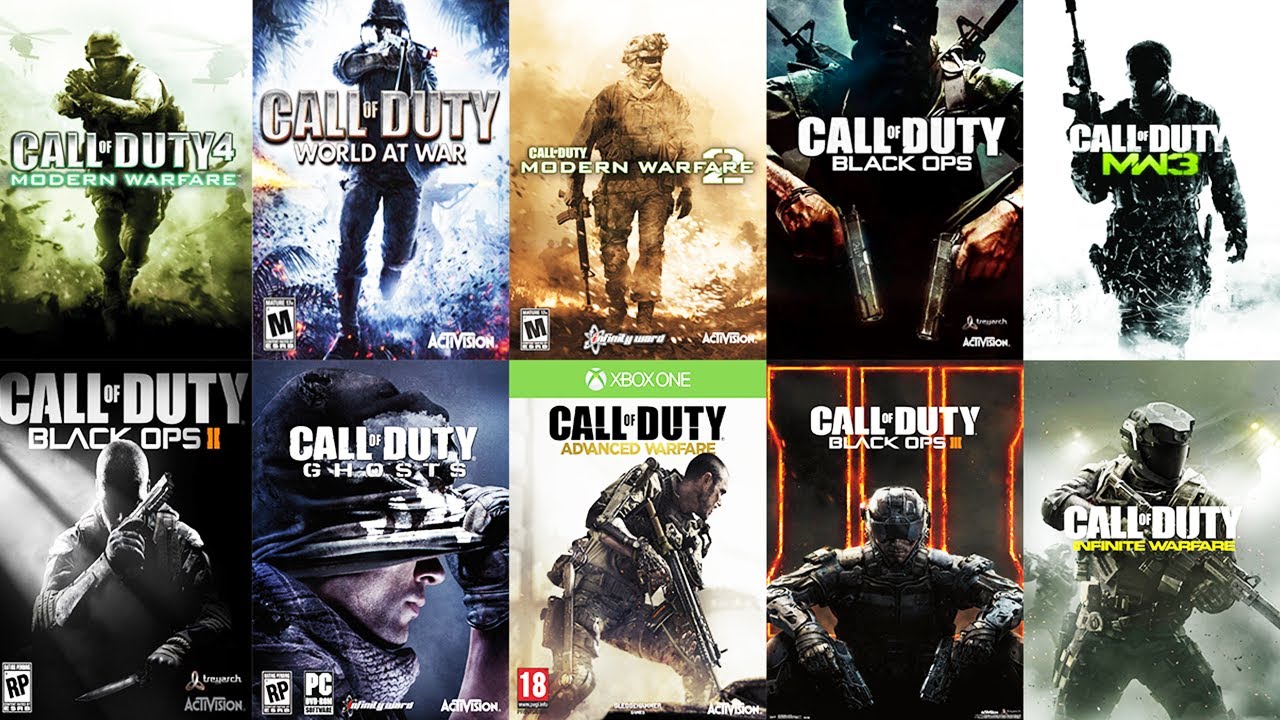
More Quality, Less Grind For Devs
“Quality over quantity” has become a very cliche phrase. Nonetheless, it is something that modern gamers often find themselves saying when a sequel or expansion is very disappointing. Generally, the consensus is that players would be happier to have fewer games from a publisher if it meant that the titles were of a higher quality.
However, Bobby Kotick never got that message. As Jason Schreier reports for Bloomberg, Kotick made sure the company cranked out a new Call of Duty game each year religiously. This resulted in burnout from various game devs putting in “brutal overtime” to ship these games. And the final result wasn’t necessarily worth it: Schreier reports that Call of Duty: Vanguard experienced a 36% decline in UK sales compared to the title released in 2020. But there is a light at the end of the tunnel.
Schreier reports that upper-level execs were already wanting to slow down the Call of Duty pace. And getting rid of Kotick will likely help make this change happen. With any luck, the final result will be game devs dealing with less overtime and players getting higher-quality titles.

Game Pass Gets Even Better
It’s almost impossible to praise Game Pass without sounding like a fanboy. But the truth remains that Game Pass is the best deal in gaming. Players don’t have an easy way to rent video games anymore. Video rental stores are a thing of the past, rental kiosks have a disappointing selection, and Game Fly just plain sucks.
However, Game Pass gives players access to a rotating series of titles at a fair price. You get a great cross-section of indie games and AAA titles. And just like when Microsoft acquired Bethesda, the acquisition of Activision Blizzard means we should start seeing some of the latter’s better titles show up on Game Pass.
This could instantly provide more players to aging titles like Overwatch and maybe breathe some life into the older Call of Duty games. And since Game Pass is on PC as well, we may see players get access to beloved titles like Starcraft 2 and perhaps even World of Warcraft.
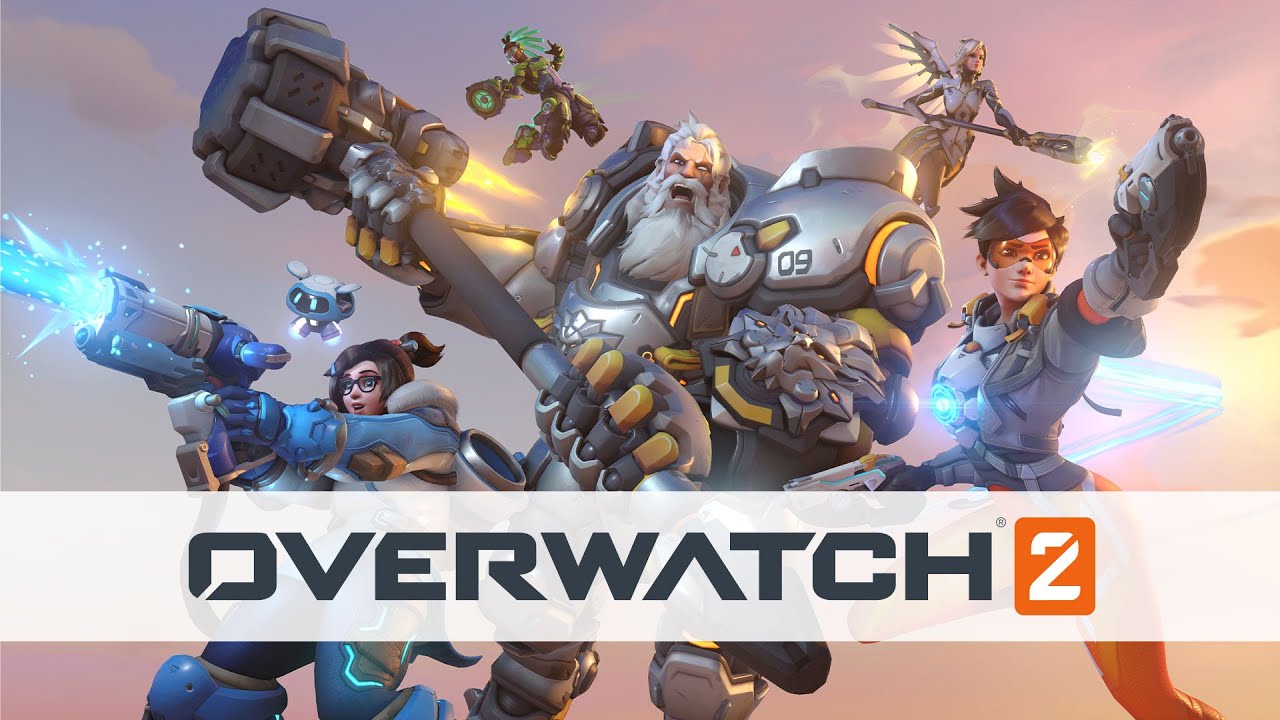
Some Games May Escape Development Hell
When we say that Activision Blizzard has had a rough few years, we’re not just talking about the lawsuits. Or the employee walkouts. Or the exodus of executives. Or the decline in players.
We’re also talking about some high-profile games that are seemingly trapped in development hell. For example, Diablo Immortals is an upcoming mobile game that caused controversy from the very beginning. When the game was announced at the 2018 BlizzCon, many of the players (who presumably were hoping for a Diablo 4 announcement) booed. This prompted game designer Wyatt Cheng to incredulously ask the crowd “Do you guys not have phones?”
This became the stuff of meme legend, with many holding this moment up as proof that Blizzard is not just out of touch with what gamers want. Now, Diablo Immortal has been delayed to sometime in 2022, and its delay signals a likely delay for the long-awaited Diablo 4 as well. Of course, Diablo 4 doesn’t have a firm release date, anyway. It shares that in common with Overwatch 2. This Overwatch sequel was announced back in 2019 and once had a 2021 release date.
Now, Activision Blizzard has made it clear the title won’t come out in 2022, leading many gamers to wonder if the game has been canceled and they just don’t want to make it official yet. Interestingly, Overwatch 2 producer Tracy Kennedy took to Twitter and claimed that Bobby Kotick was behind many of the delays. That is alleged because Kotick kept making the Overwatch 2 team handle updates for the original game, resulting in months of unnecessary delays.
Kennedy also claims entire development teams for Overwatch 2 have leftover Kotick’s management style. With Kotick soon to be out of the picture and better leaders poised to take over, Activision Blizzard may actually get to release these long-delayed games. And if those games are successful, it might help to right the ship that Kotick worked so hard and for so long to completely capsize.



